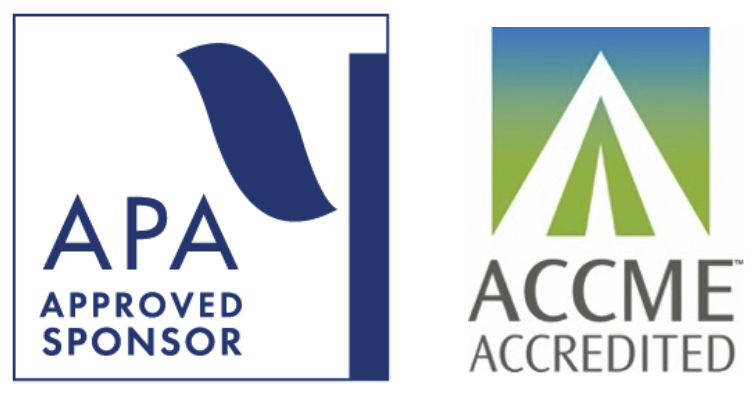2023 - 2024 Scientific Meetings
| Program Title: | Psychoanalysis as a Subversive Phenomenon: Social Change, Virtue Ethics and Analytic Theory |
| Date: | Monday, March 4, 2024 |
| Time: | 07:30pm – 09:00pm PT |
| Presenter: | Amber Trotter, PsyD Access Institute and San Francisco Center for Psychoanalysis |
| Introduced by: | Andrew Harlem, PhD |
| Location: | San Francisco Center for Psychoanalysis 444 Natoma Street San Francisco, CA 94103 (remote option is available) |
| Program Fee: | Free |
| CME/CE: | 1.5 CME/CE credits available for free (for SFCP members) or $22.50 (for non-members) |
Amber Trotter, PsyD, will describe the central premises of her book, Psychoanalysis as a Subversive Phenomenon: Social Change, Virtue Ethics, and Analytic Theory. The presentation examines processes of subversive social change, highlighting the role of ethics, and illuminating ways in which analytic theory and practice might function disruptively within contemporary American culture. Psychoanalysis has a liminal position, set both within and in opposition to hegemonic Western culture. Its critical engagement with subjectivity and truth, its insistence on honesty, freedom, and privacy, its exposition of unconscious processes, and insights into the relationship between individuals, families, and societies suggests potential to operate subversively. Yet psychoanalysis’ subversive potential often remains just that. This gap between potential and meaningful action is explored, including an inquiry into what psychoanalysis is and isn’t and what that might mean for current efforts to align psychoanalysis with broader projects of social and political justice.
Educational Objectives:
Upon completion of this activity, the learners will be able to:
- describe how practice of analysis might disrupt status quos along multiple pathways, i.e. by deconstructing processes of internalization and reification of hegemonic norms and values thereby undermining the modern political and economic project of psychological manipulation, commodified subjectivity, and manufactured desire, cultivating a more discerning subjectivity instead.
- describe components of psychoanalysis and their relevance to potential social change, i.e. attending to subjective experience, honesty, growth through bearing what had been overwhelming, care, mutuality, regard for the unknowable, creativity, freedom and paradox.
Accreditation Statement for CME/CE Sponsorship and Disclosure Statement

IMPORTANT DISCLOSURE INFORMATION FOR ALL LEARNERS: None of the planners and presenters for this educational activity have relevant financial relationship(s)* to disclose with ineligible companies* whose primary business is producing, marketing, selling, re-selling, or distributing healthcare products used by or on patients.
*Financial relationships are relevant if the educational content an individual can control is related to the business lines or products of the ineligible company.
—Updated July 2021—
PHYSICIANS: This activity has been planned and implemented in accordance with the accreditation requirements and policies of the Accreditation Council for Continuing Medical Education (ACCME) through the joint providership of American Psychoanalytic Association and San Francisco Center for Psychoanalysis. The American Psychoanalytic Association is accredited by the ACCME to provide continuing medical education for physicians.
The American Psychoanalytic Association designates this Live Activity for a maximum of 1.5 AMA PRA Category 1 Credit(s)™. Physicians should claim only the credit commensurate with the extent of their participation in the activity.
PSYCHOLOGISTS: The San Francisco Center for Psychoanalysis is approved by the American Psychological Association to sponsor continuing education for psychologists. The San Francisco Center for Psychoanalysis maintains responsibility for this program and its content.
Psychologists attending SFCP events approved for CE credits may report AMA PRA Category 1 Credit(s)™ toward their CE requirements. Psychologists self-certify the number of hours they have completed on their renewal form (whether online or paper).
LCSWs/MFTs: The San Francisco Center for Psychoanalysis is a continuing education provider that has been approved by the American Psychological Association, a California Board of Behavioral Sciences recognized approval agency
Psychologists, Social Workers, and Marriage and Family Therapists will be awarded AMA PRA Category 1 Credit(s)™ on an hour for hour basis; see the program description for the maximum of credits awarded for each program.
Commercial Support: None
